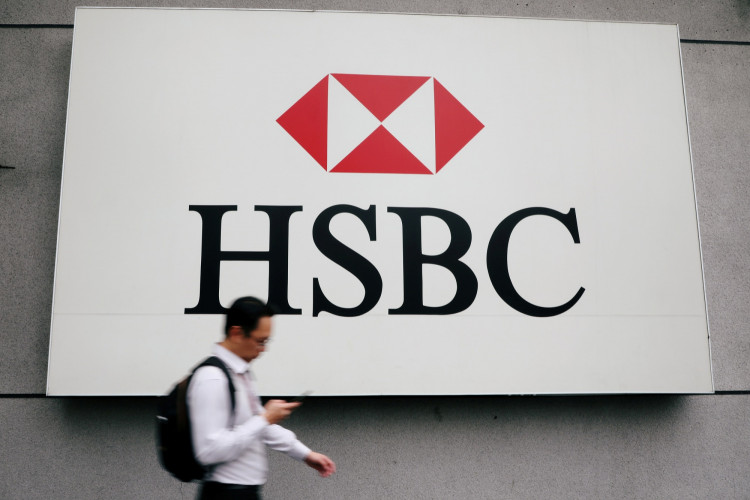HSBC Holdings PLC reported a 6.5% rise in annual pre-tax profit to $32.3 billion on Wednesday, as the London-based lender benefited from the sale of its Canadian banking unit. The bank also announced a $2 billion share buyback, which it expects to complete by the first quarter of 2025, and outlined plans to cut costs by an annualized $1.5 billion by the end of 2026.
The results, though slightly below analyst expectations, showed resilience despite falling interest rates and global economic uncertainties. "We have renewed vigor in finding the efficiencies that will optimize our resource allocation, be that geographical, business line or balance sheet," HSBC CEO Georges Elhedery said in the bank's earnings statement. "This will enhance the way we actively and dynamically manage costs and capital, and target investments."
For the full year, HSBC reported revenue of $65.85 billion, down slightly from $66.1 billion in 2023. Fourth-quarter pre-tax profit nearly doubled to $2.3 billion compared to the previous year, when the bank was hit by a $3 billion impairment charge. However, revenue for the quarter declined 11% to $2.3 billion.
The bank also reaffirmed its commitment to a mid-teens return on average tangible equity for each year from 2025 to 2027, though it cautioned that global interest rate fluctuations remain a key risk. HSBC forecast net interest income of $42 billion for 2025, a slight decline from the $43.7 billion recorded in 2024.
As part of its restructuring strategy, HSBC has taken aggressive steps to streamline operations and shift its focus further toward Asia, where it earns the majority of its profits. Last October, the bank announced a reorganization that divided its business into four distinct units, grouping operations into an "Eastern markets" and "Western markets" structure.
The restructuring has come with significant workforce reductions. On Tuesday, HSBC dismissed about 40 investment bankers in Hong Kong, with the hardest-hit sectors including mergers and acquisitions, consumer, real estate, and energy. The bank has also cut investment banking roles in Europe and the Americas as part of its broader retreat from those markets.
Senior equity analyst Michael Makdad at Morningstar said HSBC's buyback was in line with market expectations and that the bank's efforts to trim expenses were a step in the right direction. "Plans to trim personnel expense by 8% over 2025 and 2026 are positive, but I don't see a lot of new eye-catching overhaul or cost-cutting measures in the release," he told Reuters. "That's not necessarily a bad thing-increasing efficiency at a bank like HSBC is a matter of many small and midsize details that have to be well coordinated."
HSBC's earnings report highlighted strong performance in key divisions. Wealth and personal banking, the bank's largest segment, posted a 5.2% increase in pre-tax profit to $12.2 billion, driven by new customer acquisitions and higher sales of wealth management products. Global banking and markets saw a more substantial gain, with profit jumping nearly 27% to $7.1 billion.
The bank will pay a fourth interim dividend of $0.36 per share, bringing its total payout for 2024 to $0.87 per share, including a special dividend of $0.21 related to the sale of its Canadian business.
Elhedery, a long-time HSBC executive who was promoted from CFO to CEO in July 2023, has moved quickly to reshape the bank's operations. His initiatives include cost-cutting measures, leadership changes, and a stronger emphasis on Asian markets. The bank's pivot away from investment banking in the West and focus on wealth management and commercial banking aligns with its long-term growth strategy.




